Data Management: Maximizing the Value of Your Business Data
In today’s fast-paced digital world, data is a critical asset for any organization. Data Management refers to the practices, processes, and technologies used to collect, store, organize, and maintain data effectively. Proper data management ensures...



